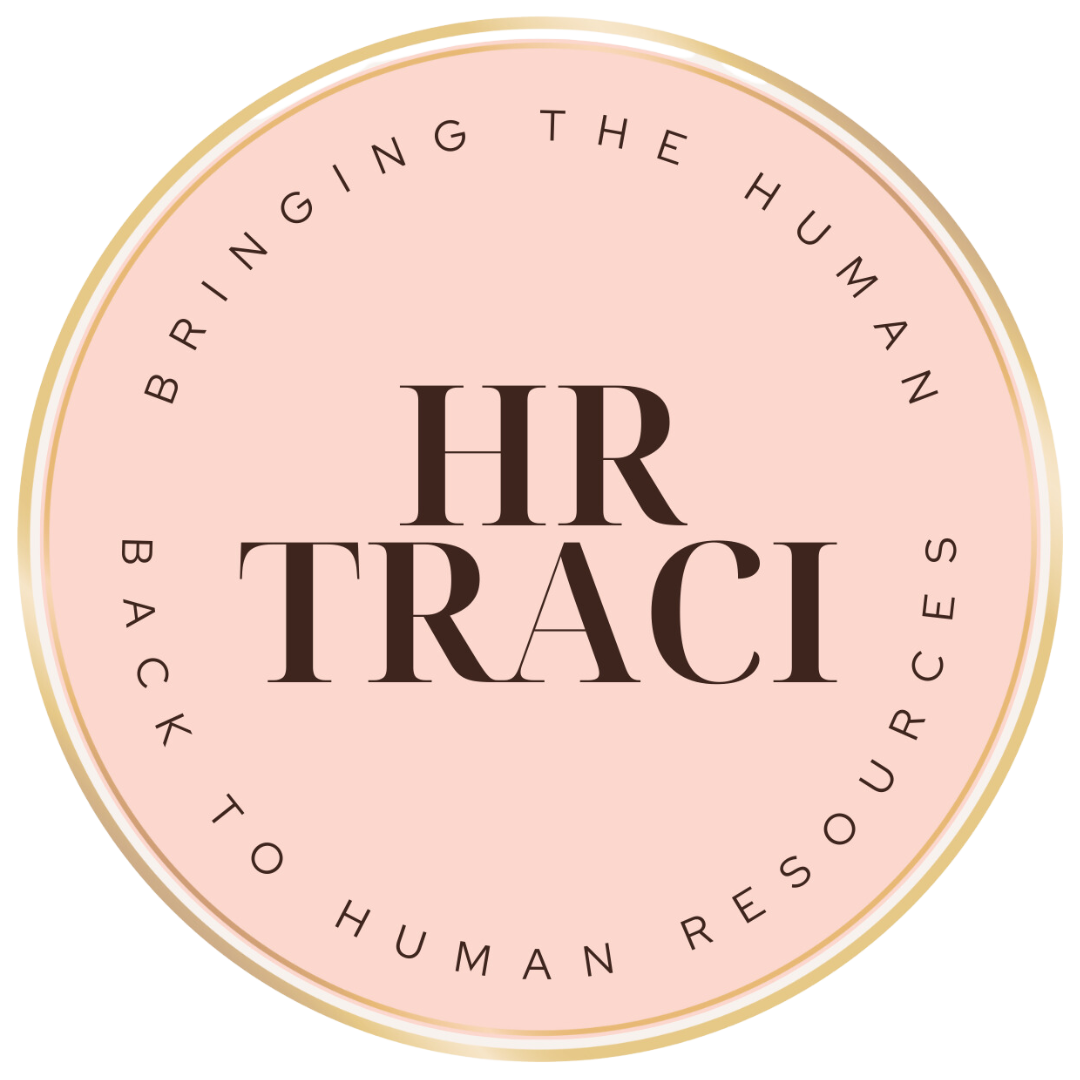The HR Shield: When Being the "People Person" Becomes Your Biggest Challenge
Dry Cereal, Life Rafts, and Why HR Feels Like Emotional Whiplash
We’ve talked about burnout before, but not like this.
In this week’s episode, we unpack why HR professionals often become the emotional shock absorbers of their organizations, how empathy can quietly drain you, and yes, what your cereal choices might say about your coping strategies.
Our guest, Lindsey Carnick, is a licensed psychotherapist who works with high-pressure professionals and knows a thing or two about emotional boundaries, strategic stress relief, and the healing power of dry cereal. She brought sharp insights, great analogies, and a reminder that even HR superheroes need support.
Here’s what we learned (besides the fact that Quaker Oat Squares fight back).
02:00 – The Stress-Whisperer's Client List
The conversation quickly revealed why Lindsey's perspective is unique.
She works with military leadership, attorneys, physician couples, and business owners across 10 states. Basically anyone whose job involves managing high stakes and other people's big feelings.
But it's her insight into HR specifically that caught our attention: "You're not just managing people, you're managing everyone else's emotional chaos while somehow staying sane yourself."
Her unique combination of clinical expertise and practical workplace insight creates a perspective that's equal parts validating and actionable.
Plus, she shares our deeply held belief that dry cereal straight from the box is a legitimate life choice, which automatically makes her trustworthy.
04:00 – Nobody Asked to Be the Bad Guy
Here's the thing about HR that nobody talks about in the job descriptions: you become a professional disappointer.
"Nobody goes into HR because they don't like people," Lindsey pointed out during our conversation. "And so you have this lovely group of people who wanna be helpful and wanna expedite a good experience for people coming in and people on the top."
The catch? Those two groups, employees and leadership, often want completely different things. You're simultaneously shielding employees from organizational chaos while protecting the company from individual employee issues.
It's like being a translator between two groups who both speak "workplace feelings" but mean entirely different things.
13:00 – Stay in the Boat
Lindsey dropped one of the most practical analogies we've heard: the difference between helping someone who's drowning versus jumping in the water with them.
Two people in a raft, one falls overboard. Your instinct says "I'm coming too!" but that's exactly wrong. Stay in the boat. Throw the life vest. Be helpful from a position where you're not also splashing around in panic mode.
Translation: when you're handling employee relations issues, investigations, or termination meetings, absorbing everyone else's emotional experience makes you less effective, not more compassionate.
19:00 – The Complainer Decoder Ring
The conversation shifted to something that makes many HR professionals want to hide under their desks: dealing with people who seem to complain about literally everything.
Lindsey's approach? Get curious instead of getting frustrated. "Human behavior, nobody does anything for no reason," she explained.
That person who turns every staff meeting into a debate might be the only one willing to speak up in their department, or this might be their sole outlet for feeling heard.
Understanding the "why" behind difficult behavior helps you respond strategically instead of just surviving until 5 PM.
28:00 – Florida Has Entered the Chat
One of the most practical insights came through Lindsey's distinction between workplace weather and climate (shoutout to her friend Robin for this gem).
Weather is temporary, a stressful project, a difficult quarter, that one manager who makes everyone miserable. Climate is consistent, the underlying culture and values that define how business actually gets done.
If you're constantly torn between your values and your job requirements, that's not a weather problem you can wait out. That's a climate issue, and no amount of boundary-setting will fix Florida's humidity.
32:00 – The Square Peg Problem
The conversation addressed something many high-achievers struggle with: turning every workplace challenge into a referendum on personal competence.
"People are afraid of being accused either by themselves or other people like being a quitter basically," Lindsey observed. They'll stay in soul-crushing situations just to prove they tried "hard enough."
But here's the thing: square pegs don't belong in round holes, and recognizing a poor fit isn't admitting defeat. Sometimes the most professional thing you can do is find an organization where your skills and temperament are actually valued.
Want to connect?
Find Lindsey: Instagram @OnwardPsychServices | Website onwardpsychservices.com | LinkedIn: Lindsey Carnick
Contact Traci: https://linktr.ee/HRTraci
Have insights about HR burnout or other workplace wellness hot takes? We're always looking for thoughtful guests with fresh perspectives.

